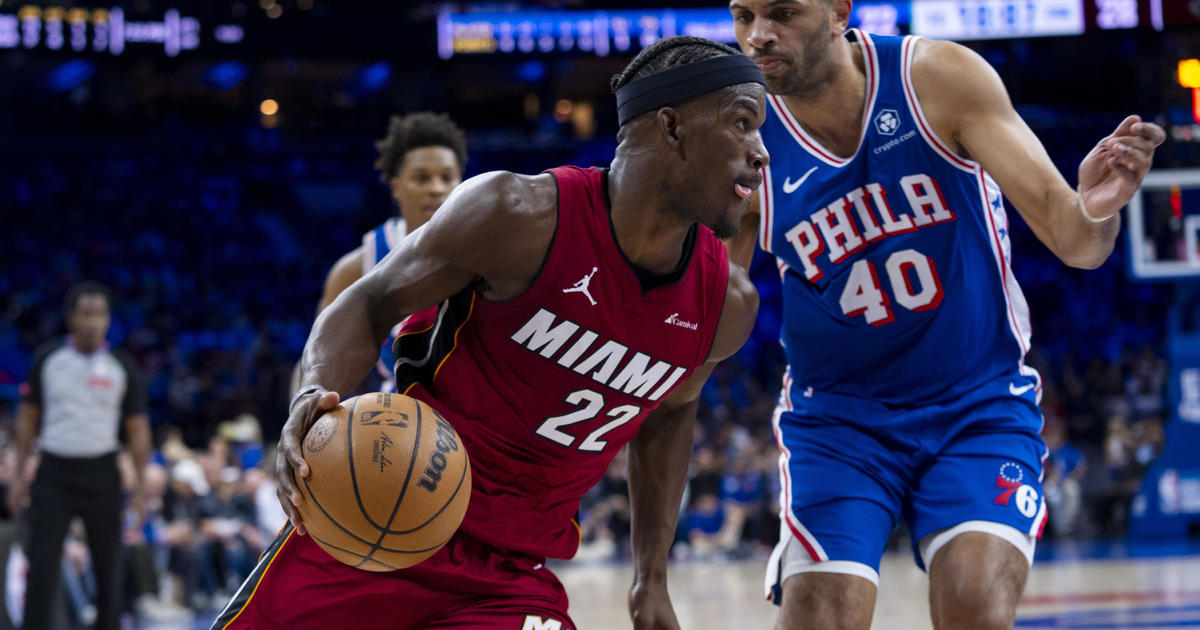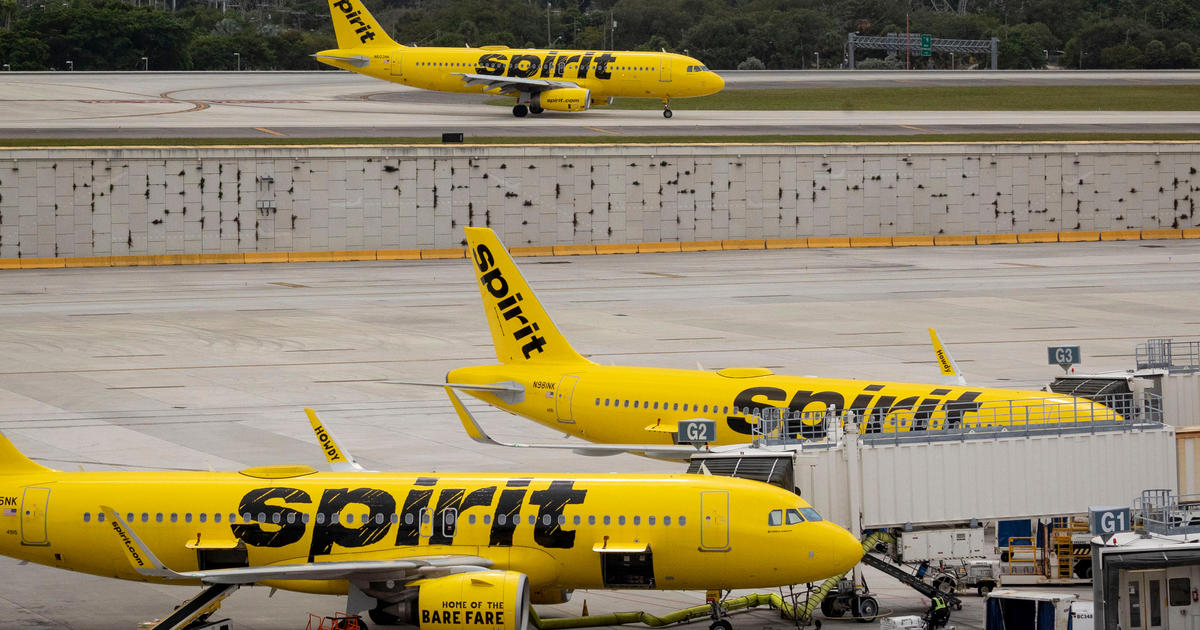Can Sat. Release Of BlackBerry Z10 Breathe New Life Into The Company?
(CNET) – OK, BlackBerry, it's go time.
After several delays, broken promises, and doomsday prognostications, BlackBerry's next-generation smartphone, the BlackBerry Z10, hits U.S. stores tomorrow.
For a company still eyeing a comeback in the brutally competitive smartphone business, the U.S. launch of the device represents a particularly critical turning point. Despite the BlackBerry falling from grace here, the U.S. is still the device's largest market, representing 20 percent of total subscribers, according to an analyst. A successful launch that attracts old and new users alike could provide BlackBerry with the fuel to turn itself around. But should the Z10 come out cold, BlackBerry could be looking for a buyer within a year.
Yes, the stakes are that high for a company that once reigned over the smartphone world, its trademark Qwerty keyboard phone holstered to many belts in corporate America. Since then, BlackBerry has fallen on extremely hard times, its market share and stock price withered from their prime just five years ago.
Related stories
Just as Apple, Google, and the current generation of smartphones dethroned the old BlackBerry, BlackBerry may bring a disruptive influence to the industry with its own next-generation operating system and products.
"We're not here to stay where we are," CEO Thorsten Heins said in an interview with CNET today. "We absolutely want to win back share."
Despite a slick new operating system that has generally garnered positive reviews, BlackBerry still faces many challenges. The company needs to convince consumers -- many of whom abandoned BlackBerrys for iPhones or Android smartphones -- thatBlackBerry 10 is worth a second look. Its app library, which recently grew to 100,000, still falls well short of the collection of apps available on iOS or Android. It must also rally the support of the U.S. carriers.
Ultimately, it needs to get out of the shadow cast by the old BlackBerry and present itself as a fresh alternative.
With BlackBerry 10, the company is essentially starting from scratch from a market share perspective. Its older BlackBerry OS made up 3.2 percent of the global market in the fourth quarter, according to IDC. That's down by more than half from the year-earlier period.
For BlackBerry, the reboot of the company operating system represents a gamble that places the future viability of BlackBerry on the line. Heins said he gives it two quarters before the company can adequately measure whether the bet has paid off.
Early momentum
There are some reasons to be optimistic about BlackBerry's prospects. The BlackBerry Z10has been snapped up in its early markets, with retailers noting surprisingly strong demand. In countries like India and Canada, the Z10 sold out early. An "established partner," which Heins declined to name, placed an order for 1 million units -- the largest order in BlackBerry's history and a considerable show of confidence.
The buzz is building for the phones. Heins said the net promoter score, or a measure of what people are saying about the products to their friends, swung from negative with BlackBerry 7 to positive with Blackberry 10.
Even the investment community, which has shown a love-it-or-hate-it attitude toward BlackBerry's stock over the last year, has stepped in behind the company. Morgan Stanley upgraded the stock yesterday, noting that the company's next-generation phones should improve its average sales price and gross margins. Shares have nearly tripled since September, though they're down nearly 90 percent from their high in 2008.
Fortune apparently favors BlackBerry's U.S. launch. The company is entering the U.S. market with a little breathing room, with the Samsung Galaxy S4 not launching until the end of April (at least) and the HTC One facing delays that will likely keep it from hitting the U.S. until April.
"BlackBerry has a good little pocket here," said Scott Anderson, director of merchandising at Best Buy's mobile business. "They can be a hot story in retail."
How well BlackBerry tells that story remains to be seen. Heins describes the marketing strategy as "continuous engagement," a longer term strategy that targets BlackBerry users who have shown a past tendency to stick with the phone. To push its message, the company has 1,000 sales representatives in the U.S. that it's deploying to retail partners.
For example, BlackBerry has worked more closely with Best Buy than any other handset vendor in history, according to Anderson. He noted the company had invested a lot to ensure a large presence at the big box retailer.
BlackBerry seeded 1,400 BlackBerry Z10s to Best Buy employees, and there is one designated "BlackBerry expert" per store. In addition, BlackBerry representatives visited many key Best Buy stores to give their presentations, and mobile sales reps from surrounding Best Buy stores would drive in to get briefed on the product.
BlackBerry spent a lot of time and money making sure each Best Buy Mobile employee was fully proficient in using -- and more importantly, selling -- the Z10 to consumers.
"We've gone from mildly excited two months ago to pretty doggone excited about this launch now," Anderson said.
BlackBerry will occupy an "end cap," or one of four marquee positions, in Best Buy's mobile sections. The other three consist of Apple's iPhone, Samsung's Galaxy S3, and HTC and Android phones.
Marshaling carrier support
What's less clear is how much support the wireless carriers will provide to BlackBerry.
The carriers themselves have been mum. The two biggest, Verizon Wireless and AT&T, declined to comment on their marketing plans for the Z10. T-Mobile couldn't be reached for comment.
Heins declined to go into detail about the campaign but said he felt "confident" about the support he would get from the carriers.
"It's not just standing on our own leg and having to pull all the weight ourselves," he said. "They want the platform to be successful."
AT&T will be the first to market with the Z10 tomorrow. Verizon and T-Mobile will both launch the phone next week.
That Sprint Nextel isn't selling the Z10 speaks to the difficulty of getting all of the carriers to back a phone, a feat that only Apple and Samsung have been able to consistently achieve. Sprint plans to sell the BlackBerry Q10, which comes with the classic Qwerty keyboard, later this year.
The carriers are clearly interested in building up at least one other operating system to ensure that they aren't wholly dependent on Android and iOS, which in the fourth quarter made up 91 percent of the market, according to IDC.
AT&T Mobility CEO Ralph de la Vega told CNET last month that he believes there's room for three or four viable mobile operating systems.
"It's in the vested interest of all the carriers to have as many viable operating system alternatives as possible," said Roger Entner, a consultant at Recon Analytics. "Just the existence of a third or fourth option is good for everybody."
BlackBerry and the carriers are aligned in their marketing strategy, Heins said.
Like BlackBerry, Microsoft's Windows Phone OS is shooting to be the No. 3 platform. But the results for Windows Phone products over the last few years have been underwhelming, which may give BlackBerry an opening, particularly with its installed base of users.
The app problem persists
While BlackBerry has done a good job of building up its app library for launch, the company still faces a significant hurdle in getting existing smartphone users to switch.
That's because while BlackBerry has a decent library, it still lacks many killer apps that Android and iOS users take for granted. Netflix has said it has no plans to make an app for BlackBerry. Instagram users would have to give up their accounts -- like Alicia Keys has -- when switching to BlackBerry. Google Maps isn't anywhere to be found.
Earlier today, BlackBerry did announce the availability of many marquee apps, including Amazon Kindle, OpenTable, and The Wall Street Journal. Other big-name apps such as eBay and Skype will be available in the coming weeks. Of the 100,000 apps in the market, 70 percent are native to BlackBerry 10, with 30 percent ported over from Android.
"The rate of incline is pretty steep, which is pretty good," Heins said about the growth in its app catalog.
But Heins said that while the lack of key apps is a weakness, it's outweighed by a user experience that appeals to the "hyperconnected user."
"How important is this app for me vs. this great user experience and what it allows me to do in the Hub?" he asked.
The early positive feedback may prompt easier discussions the next time around when talking to developers about committing to BlackBerry 10, he said.
The bigger problem is convincing smartphone users to give up their existing collection of apps -- many of which cost money -- and start fresh with a wholly new platform.
Entner has a suggestion for BlackBerry: pack a $50 gift card redeemable at the BlackBerry World app store.
"I'm sick and tired of buying Bejeweled for the third time," Entner said. "A voucher overcomes the disadvantage of having to rebuy all your cool software."
Heins said he would consider such a move, but he noted that the company is still working on its promotional activity.
"We're aware of that challenge for the consumer, and we have to think about how we ease that," he said.
Another concern comes from Samsung, which is actively targeting business customers with its latest marketing campaign, and has started to make noise about its security and enterprise initiative. Y.H. Lee, an executive vice president for Samsung's mobile business, said the business market was a key priority for Samsung and an expected area of growth for the company.
While not completely dismissing Samsung as a threat, Heins said Android is an inherently insecure platform because it's open source. While Samsung may be able to take share in businesses that have a need for "good enough" mobile security, BlackBerry will still have a lock on businesses and government agencies that need "platinum-level security."
It's these concerns, as well as the lingering fear that BlackBerry has fallen too far, that have many restrained in their optimism for the company. In upgrading the stock, Morgan Stanley analyst Ehud Gelblum said it remains unlikely that BlackBerry will end up as a strong third OS.
Gartner predicts that BlackBerry will be able to capture less than 5 percent of the market through 2016, only marginally better than last quarter's results.
Heins, however, believes BlackBerry 10 has a shot if consumers will only give it a chance.
"We will work and try to convince every single user out there that this is a fantastic platform," he said.
So while the launch may be tomorrow, BlackBerry's work has just begun.
(TM and © 2013 CBS Interactive, Inc. and CNET, a CBS-owned company. All Rights Reserved. This material may not be published, broadcast, rewritten, or redistributed.)



